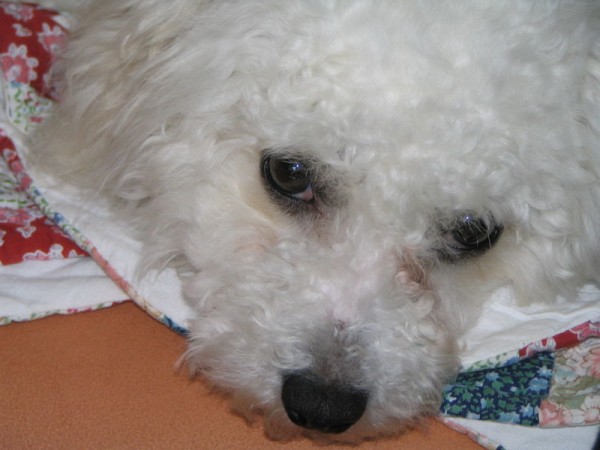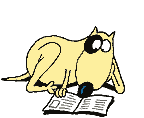 |
||
Is the Bichon Frise the right breed of dog for you?The Bichon Frise is one of the more glamorous breeds' of dogs; it's also an extremely popular one. They have evolved from the Barbet or Water Spaniel, from which the name Barbichon arose, and was later shortened to Bichon. Popular with Italian and Spanish sailors on their voyages in the 12th and 13th century these dogs began to show up all over the Mediterranean area.The Bichon's playful, happy nature endeared him to all that he came in to contact with, including the nobility of Italy, Spain and France. Bichon's feature in paintings throughout the 15th and 16th century as the lap dog of the great and good. But, in the late 1800's the Bichon fell from grace amongst the Nobles when the Bichon began to circulate amongst the commoners. From then on, he started to earn his living performing tricks and working alongside Barbary organ grinders, circus performers, travelling fairs, and also as a guide dog for the blind. In 1933 the French Kennel Club accepted the Bichon Frise in to its ranks and the American Kennel Club followed suit forty years later when the breed was classified to show in the Non-Sporting Group. Frise means curly and the Bichon's powder-puff coat, and corkscrew curl's displays this admirably. The coat is snow white, and is set off by a dark eye that reveals the intelligence and extrovert nature of these beautiful dogs. They stand from 9-12 inches at the shoulder and weigh in at around 8-12lbs. 
The Bichon can be a first time owner's dog providing that they understand that this breed needs regular grooming, if not the coat will end up as a mass of tangles. A trip to a professional groomer is recommended every 6 weeks or so, to keep the coat in tip top condition. This merry breed of dog can lead an apartment life, but she will need daily walks on and off the lead. These are very social dogs and shouldn't be left alone for long periods. They're at their happiest when they're interacting with all of the family members, if they're not allowed to do this they become bored and frustrated, and liable to get in to mischief. The Bichon Frise is prone to ear problems; they also suffer from skin allergies, cataracts, and dislocated kneecaps. They're unfussy eaters, only requiring a good nutritious diet, and just a watchful eye on their waistline. The Bichon needs to be trained from an early age; they're smart and pick up things quickly, and like to be the centre of attention. Puppy socialisation classes are a good idea, they're guaranteed to get your Bichon puppy and you headed in the right direction. If you're looking for a friendly, family orientated dog, that is playful, happy and a truly charming companion, but also needs a little bit of care; then perhaps the Bichon Frise is the right breed of dog for you.

| ||
|
| Dog Breeds Start Page | Dog Health Start Page. |Dog Videos. |Dog Names Start Page |Puppy Training Guide | Return to Homepage Or you can .........
|
||
|
|
||